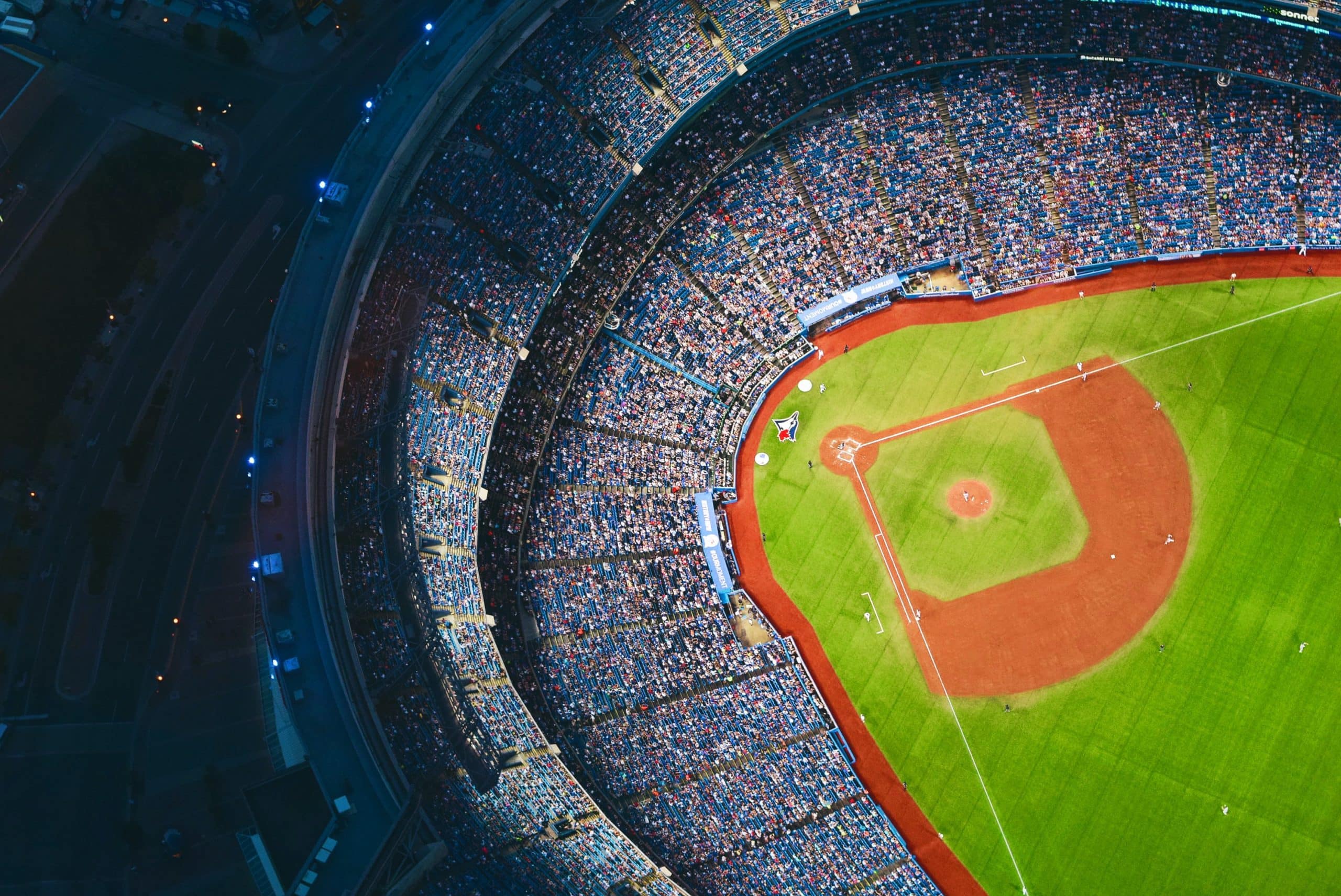As companies continue to look for new ways to utilize NFTs, some are experimenting with gamified NFT collections, including NFT fantasy sports contest-like games. In December 2021, the National Football League Player Association announced that it would partner with DraftKings Inc. to launch gamified NFT collections during the 2022-2023 NFL season. On March 29, 2022, Major League Soccer (“MLS”) announced a multi-year agreement with Sorare, an NFT gaming company, to launch NFTs for all MLS players to be used in Sorare’s fantasy soccer contests.
Most recently, on May 12, 2022, Major League Baseball (”MLB”) announced that it was partnering with Sorare to launch an NFT “fantasy-style” game. The Sorare platform will host a game that allows fans to play “fantasy-style” games while collecting, purchasing, and selling MLB player NFTs. Unlike the type of game commonly referred to as a “fantasy sports contest,” there will be no drafts; rather, fans will build teams from NFT cards that they own. The final details have yet to be released.
While Sorare has been running its NFT game for soccer leagues in Europe dating back to 2018, it has just entered the United States (“US”) market. It is unclear if and where such games would be permitted in the US. The US has a variety of federal and state laws that regulate both fantasy sports contests and gambling, which make ascertaining the legality of any NFT “fantasy-style” game difficult without more information.
NFT Fantasy Sports Operator Would Still Need to Comply with Applicable Law
If NFT fantasy sports contest operators follow applicable federal and state laws, and obtain licensing where required, their contests will likely be a success among the NFT buying community.
When running fantasy sports contests, operators must closely adhere to certain federal regulations, including the Unlawful Internet Gambling Enforcement Act (“UIGEA”) and the Interstate Wire Act (“Wire Act”). UIGEA bars payment processing associated with unlawful Internet gambling activities, but expressly exempts certain fantasy sports contests; while the Wire Act prohibits the use of wire communications facilities to transmit certain wagering information and bets. However, the Wire Act contains an exemption for wagers placed and received in jurisdictions that have legalized sports betting.
Operators must also comply with relevant state laws. Many states have passed laws that legalize and regulate fantasy sports contests, while others prohibit such contests altogether. In other states, operators must carefully review state gambling legislation, case law, and attorney general opinion letters to evalute regulatory risk. Please note that the legality of fantasy sports contests will often hinge on the amount of skill or chance involved in such contests. Most states abide by the “dominant factor test” (i.e., whether skill or chance dominates when determining the winner(s) of a given contest). Other states follow the “material element test” (i.e., whether the element of chance has more than a mere incidental effect on the outcome of a game, even if the game may be one that is primarily made up of skill). Finally, the “any chance test” prohibits any game that includes even a small degree of chance where payment to play is required.
We will update this blog when the MLB releases further details on its prospective NFT fantasy sports contest structure.
Fantasy Sports Lawyers
The regulatory landscape applicable to fantasy sports contests continues to change as more states pass statutes that legalize and regulate such contests. In light of this fact, fantasy sports lawyers continue to serve an important role in evaluating applicable statutes, case law, and attorney general opinions to determine risk.
If you are interested in learning about how we can assist you in setting up a fantasy sports business, please e-mail us at info@kleinmoynihan.com, or call us at (212) 246-0900.
The material contained herein is provided for information purposes only and is not legal advice, nor is it a substitute for obtaining legal advice from an attorney. Each situation is unique, and you should not act or rely on any information contained herein without seeking the advice of an experienced attorney.
Attorney Advertising
Similar Blog Posts:
National Basketball Association NFT Marketing Efforts Exploited
NFT Minters Arrested in Alleged Frosties Utility NFT Scheme
Get Ready to Play: Court of Appeals Upholds NY Fantasy Sports Law




